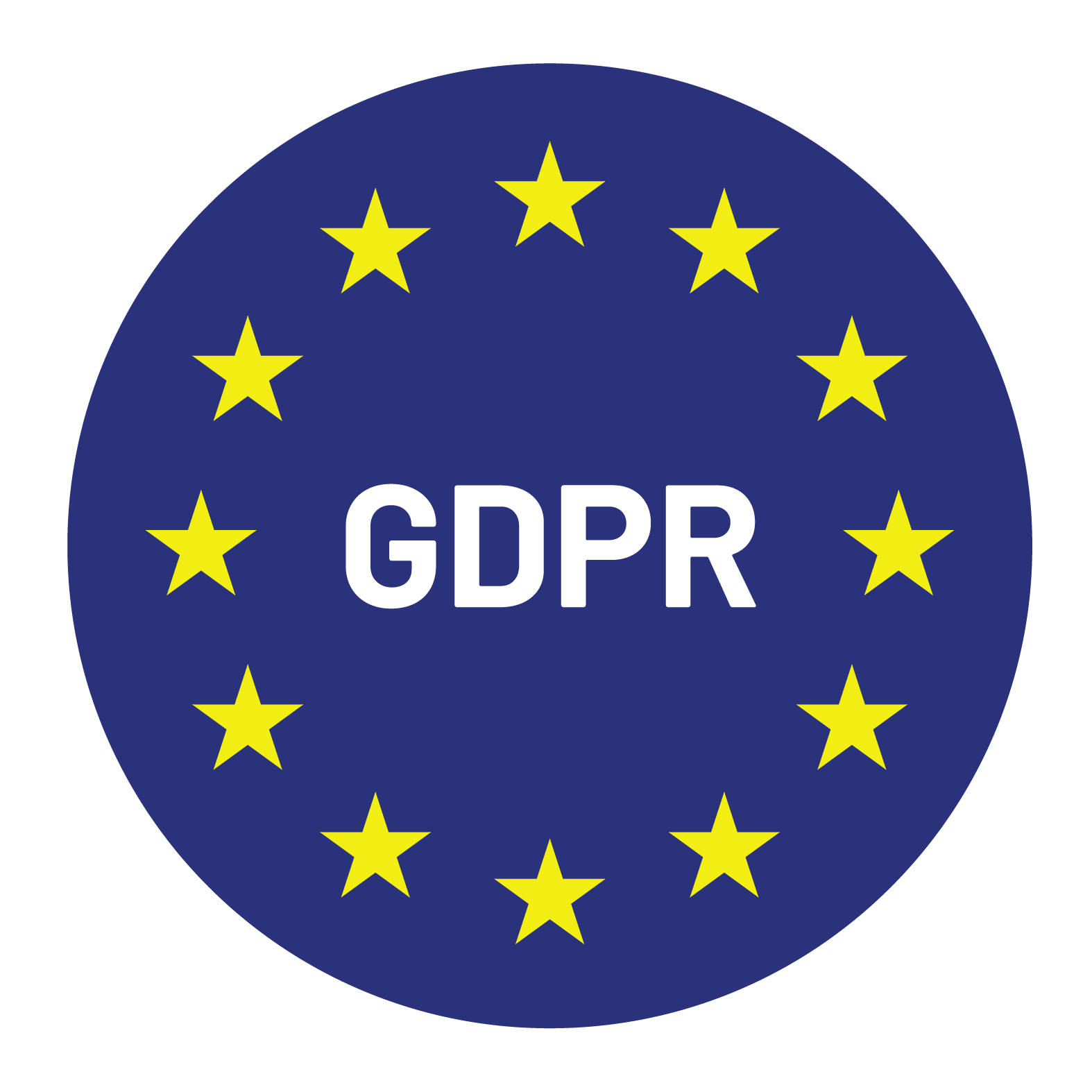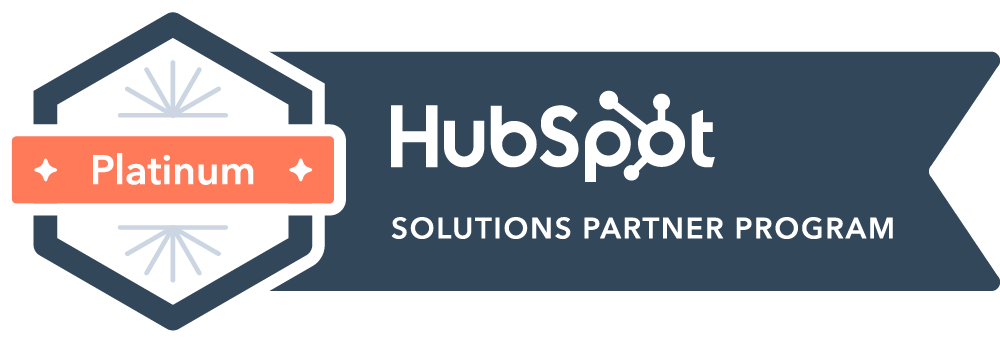

Content Writer for Whistle with multidisciplinary experience spanning over a decade.
It’s easy to say yes to everything when building a business. A new client asks for a service that’s slightly out of scope? You make it work. A platform you’ve never used before becomes part of the tech stack? You start Googling. For many agencies, especially in the early stages, saying yes feels like the responsible move. It brings in revenue, fills the pipeline, and proves you’re adaptable.
But that instinct often comes at a cost. The broader your scope, the harder it is to scale. The more services you offer, the harder it is to build deep expertise in any of them. And the more platforms you support, the more complex your operations become. What looks like growth starts to feel like exhaustion.
The shift from generalist to specialist is rarely comfortable. But time and again, the businesses that find sustained success are the ones that decide what not to do. Below, we’re sharing real lessons drawn from a common pattern we’ve seen in high-performing HubSpot agencies. The core takeaway? Focus scales. We’ll explain how narrowing their scope helped agencies sharpen their positioning, grow faster, and increase profitability. No guru stories. Just the strategy behind smart, focused growth.
A few years ago, many marketing agencies described themselves the same way: full-service, platform-agnostic, ready for anything. The more versatile, the better.
But that approach came with issues. Managing campaigns across five platforms meant none of them ran particularly well. Juggling service lines stretched teams thin. Reporting became a mess. Clients got inconsistent results.
A growing number of agencies decided to do something different. They stopped trying to be everything to everyone. Instead, they focused, specifically, on HubSpot. They invested in certifications. They restructured their teams. They built repeatable, platform-specific solutions.
And for many of them, that decision became the tipping point. Their client retention improved. Their delivery model became more efficient. Their profitability rose. Not because they chased every new trend, but because they made a clear call about where they could provide the most value.
The lesson wasn’t about HubSpot itself. It was about choosing to focus on one platform, one strategy, one type of client, and doing that better than anyone else.
When agencies made the shift to focus solely on HubSpot, they stopped treating it like just another tool in the stack. It became their core competency. With that came deeper platform knowledge, faster implementation times, and more strategic integrations.

Clients noticed. Instead of asking whether the agency had used HubSpot before, they came looking for expertise. Instead of needing to explain their systems, clients expected smart recommendations out of the gate. Specialization increased credibility. And that credibility turned into growth.
Focusing on one platform didn’t just make sales easier. It transformed internal operations. Teams no longer had to switch between different systems, training plans, or service delivery models. Documentation became reusable. Onboarding got faster. Delivery became more predictable.
That operational consistency allowed agencies to scale. They could bring on more clients without reinventing the wheel every time. Quality improved while effort went down. And less chaos meant happier teams and more time for strategic work.
With a clear specialization, marketing also became sharper. Messaging shifted from broad claims about digital strategy to clear offers tailored to HubSpot users. Agencies knew exactly who they were speaking to, and those clients could immediately see the relevance.
This didn’t just attract more leads. It attracted better leads: the kind who were looking for precisely what the agency offered. Sales cycles shortened. Fit improved. Churn dropped. Specialization clarified value for both sides of the relationship.
Expertise compounds. Over time, focused agencies built reputations as trusted authorities in the HubSpot ecosystem. They were invited to speak at partner events, featured in community spotlights, and referred by the platform itself.
This brand equity wasn’t accidental. It came from consistency. Clients could point to proven success, and that credibility made the next sale easier. Instead of pitching, agencies were being approached. Instead of convincing, they were advising.
Standardizing around HubSpot meant agencies could build systems. From onboarding templates to campaign playbooks, they created libraries of repeatable assets. With fewer exceptions and edge cases, work moved faster, and quality stayed high.
This foundation made it easier to train new hires, roll out new service tiers, and even explore productization. Focus didn’t just make the agency more effective. It made scale possible without compromising service.
Specialization also had financial benefits. Fewer tools meant fewer costs. Faster delivery meant more margin. And higher perceived expertise meant pricing that reflected the value provided.
Rather than discounting to win business, focused agencies found they could raise rates without pushback. Clients weren’t just paying for work, they were paying for results delivered by people who knew the platform inside and out. That’s what made the business sustainable.
Focus isn’t only for HubSpot partners. These principles apply to any business looking to grow responsibly.
Start by identifying what your team does best, not what you could do, but what you consistently deliver well. This is often the area where clients are most satisfied, and where your margins are strongest.
You don’t have to cut everything overnight. But consider what would happen if you stopped offering low-margin services, or if you doubled down on a platform you already work with well. Focus helps you build stronger systems, better messaging, and clearer market fit.
Every opportunity has a cost. Saying yes to one client may mean saying no to a better one later. High-growth businesses are disciplined. They chase fit, not just revenue. That discipline is what protects focus.
Clients rarely ask for more services. They ask for better results. When your team works within its area of strength, outcomes improve. And the fewer things you try to be great at, the better you actually get.
Businesses that focus can invest in systems. They can document processes, build templates, and train consistently. Those are the foundations that make scale not just possible, but repeatable.
Whistle works with high-performing sales and marketing teams across industries. And we’ve seen firsthand what happens when companies focus their energy.
The teams that streamline their offers, specialize in their strongest channels, and protect their time are the ones that grow faster. Not just because they’re doing less, but because they’re doing it better.
Focus isn’t a limitation. It’s a strategy. One that frees up time, sharpens messaging, and supports smarter execution across the board.
The temptation to offer more, do more, and chase every opportunity is real. But the businesses that grow with intention are the ones that choose focus. They get clear on what they’re best at. They stop spreading their resources thin. And they commit to building something sustainable.
The lesson isn’t about platforms. It’s about clarity. When you make deliberate decisions about what you’re solving, who you’re solving it for, and how you do it best, growth stops being a grind.
If your team is ready to focus, Whistle can help. We work with ambitious companies to sharpen their positioning, streamline their sales process, and generate real pipeline. Talk to us about how we can help you scale smarter.


© Copyright – Whistle 2023